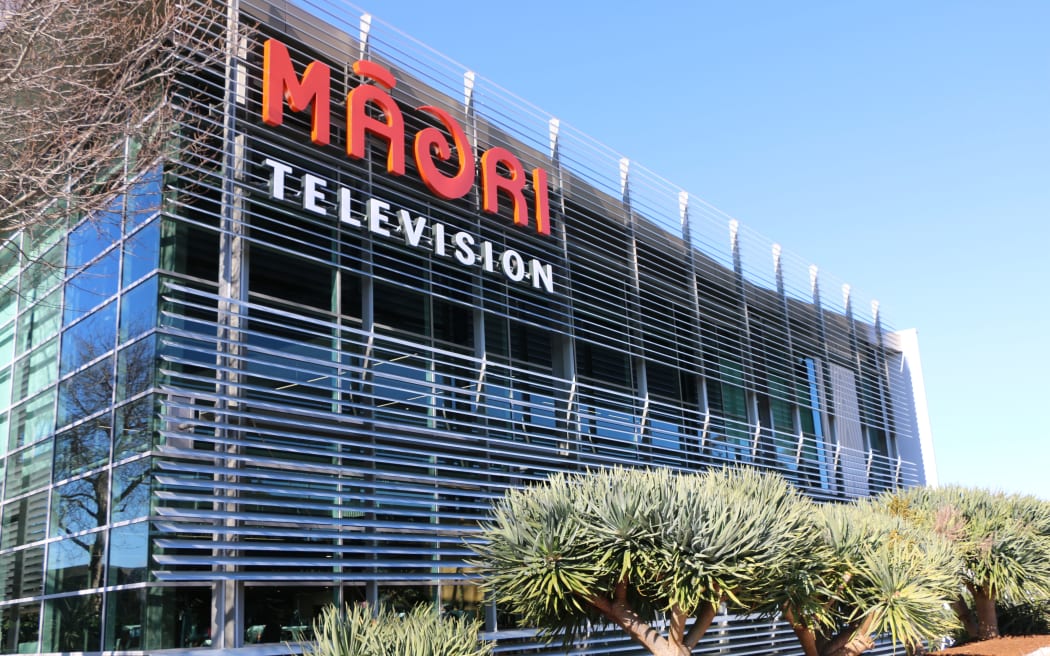A review of the Māori media sector has found they receive significantly lower budgets to produce content compared to other media, but any decisions about its future will not be made until the end of the year.

The new Māori Television building. Photo: RNZ / Shannon Haunui-Thompson
The Māori Media Sector Shift, which sought to find the most effective way of funding and producing Māori content, was released today.
Māori Development Minister Nanaia Mahuta said Māori audiences wanted to see their own stories told by media but some Māori media struggled to find the resources to do this.
"New and advancing technologies have changed the way we consume content. Māori media audiences are demanding more diverse and engaging content across multiple platforms.
"The overview highlights the challenges that Māori media organisations face in delivering public service roles within a highly deregulated and commercial New Zealand market."
She said other challenges included the significantly lower budgets for producing each hour of content in the Māori media sector compared with other public media.
Māori Television had an overall reach on average of three percent of all media consumers, and ten percent of Māori media consumers, accessing the channel on a daily basis in 2018.
Around 60 percent of the Māori population and 48 percent of Māori youth view at least once a week, compared to 20 percent of the rest of NZ.
It received funding from three main sources from 2017 to 2018, including $19 million from Vote Māori Development, $16m from Te Māngai Paho and additional income from advertising.
The country's 21 iwi radio stations each receive $500,000 in annual funding, which pays for premises, staff and a station manager.
Both Māori Television and iwi radio say the current funding they receive must increase in order to keep-up with a growing multimedia environment and to meet the needs of audiences.
However, any decisions about the future of the Māori media sector will be announced at the end of the year.
The review has identified the nature of the shift the sector hopes to achieve, including a shift to a collaborative structure and to a funding model that is aligned with the broader public media sector.




